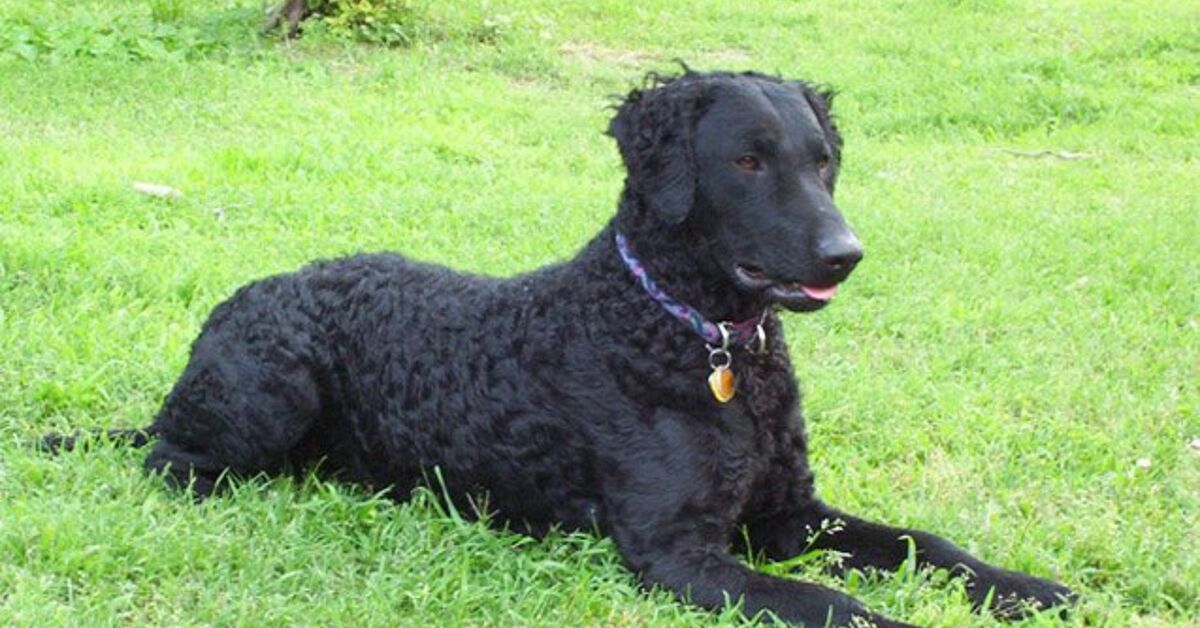You can also find out more about the following: Curly Coated Retriever It is an extremely versatile gundog with a confident, intelligent, and hardworking personality. The following are some examples of the use of . This is an active breed of dog that requires a balanced diet and the proper nutrition. You can make your dog live a long, healthy life by feeding it the correct food.
This article will teach you about diets, supplements, dog foods, etc. for your Curly Coated Retriever. For a healthy diet and body, it is essential to understand their feeding and diet methods.
Diets
To ensure a healthy digestive system, your Curly Coated Retriever should receive a complete diet. It is essential that the dog food you buy or prepare for them at home contains all of their nutritional needs.
Protien: The protein in your diet is essential for the development of skin, muscle, bones, hair and blood. Your dog requires 10 amino acids out of 23. These should come from his diet. To maintain a healthy body the Curly Coated Retriever puppy requires 29% protein and an adult dog needs about 23%.
FAT: fat plays many roles in the body of your dog. Your dog gets energy from it, and its coat is shiny. You should feed them 5% to 8% fat.
Fiber and Carbohydrate: The carbohydrate helps your dog to stay energetic throughout the day. Also, it helps generate heat within the body. Carbohydrates are around 20 percent of the diet for your Curly-Coated retriever. Carbohydrates such as rice and wheat also contain fiber. The fiber in foods helps to maintain a healthy bowel system and digestive tract.

What is the best amount to feed your Curly Coated Retrievers?
Feeding the Curly Coated Retriever is dependent on the dog’s age and how active it is throughout the day. The puppy requires more food per day because it’s in the growing stage and needs frequent feeding. Four meals per day are recommended for your puppy aged 8-12 weeks. Three meals per day are sufficient for puppies aged 3-6 months.
Two lighter meals per day are sufficient for an adult, but they should still contain the necessary nutrition. Provide treats to your Curly Coated Retriever throughout the day if he is an active dog.
Curly Coated Retriever Dog Food
When choosing a dog food for your Curly Coated Retriever, choose a high-quality product that contains all of the necessary nutrients in the package. You can select from the following list of dog foods for your Curly Coated Retriever.
- Enjoy the taste of wild Premium Dry Dog Food
- Blue Buffalo Wilderness Dog Food High Protein
- Purina Pro Plan Sport Formula Dry Dog Food
- Victor Dog Food Active Dogs and Puppies Grain-Free
Curly Coated Retriever Supplements
Supplements can be used to fill in the nutritional gaps that your dog may have. If your Curly Coated Retriever gets a well-balanced diet, you don’t need to give him extra supplements.
Here are some common supplement needs for Curly Coated Retrievers.
- Fish Oil
- Antioxidants
- Vitamins
- Glucosamine
- Probiotics
Curly Coated Retrievers can eat human food
You may like to share a little food with your dog when you are dining. Dogs and humans both have different digestive systems. Some food is safe for your pooch, while other food may be dangerous. This list includes food commonly found in every kitchen, which your dog cannot eat.
Can Eat
- Nuts (unsalted and without added sugar)
- Carrots
- White rice
- Quinoa
- Watermelon without seeds
- Pork
- Turkey
- Popcorn (Plain)
Cannot Eat
- Avocado
- Chocolate
- The Raisin and Grapes
- Citrus Too much of a good thing is not advisable
- Garlic and Onion
- Salted Food
What is the cause of your Curly Coated Retriever not eating?
- You might have loose, broken or swollen teeth. If your dog is not eating properly, check if his teeth or gums are damaged. Take him to the vet to have a thorough examination.
- It could be that your dog isn’t eating because he doesn’t like the surroundings. Other dogs may be confused or uncomfortable by the change in environment.
- Your dog’s inability to eat could also be due to a recent vaccination or medication. Certain medicines can temporarily reduce appetite.